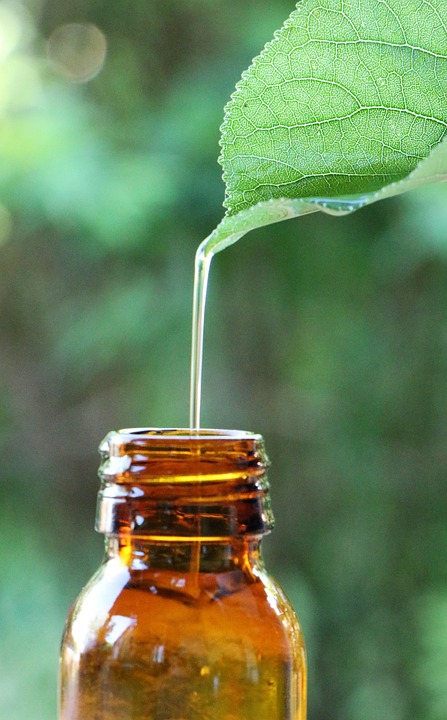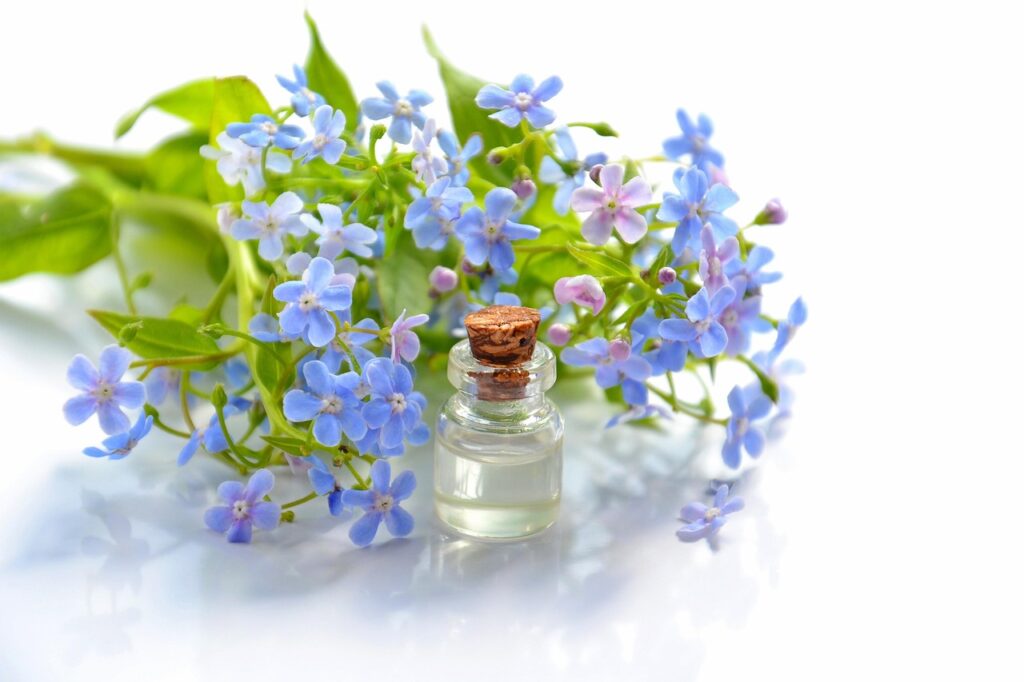Introduction
Hair serums are made to help strengthen and repair hair, especially if heat styling, chemical treatments, or environmental causes have damaged it. They frequently contain substances that repair the structure of your hair, making it stronger and less brittle. With their lightweight consistency and powerful moisture boost, these serums are excellent for rapidly hydrating and moisturizing dry, thirsty hair. In addition to decreasing breakage and increasing elasticity, a quality hair serum helps your hair feel softer, smoother, and easier to manage. Numerous serums also help to seal split ends, forming a layer of defense that makes your hair look healthier. They can even guard against heat-related harm.
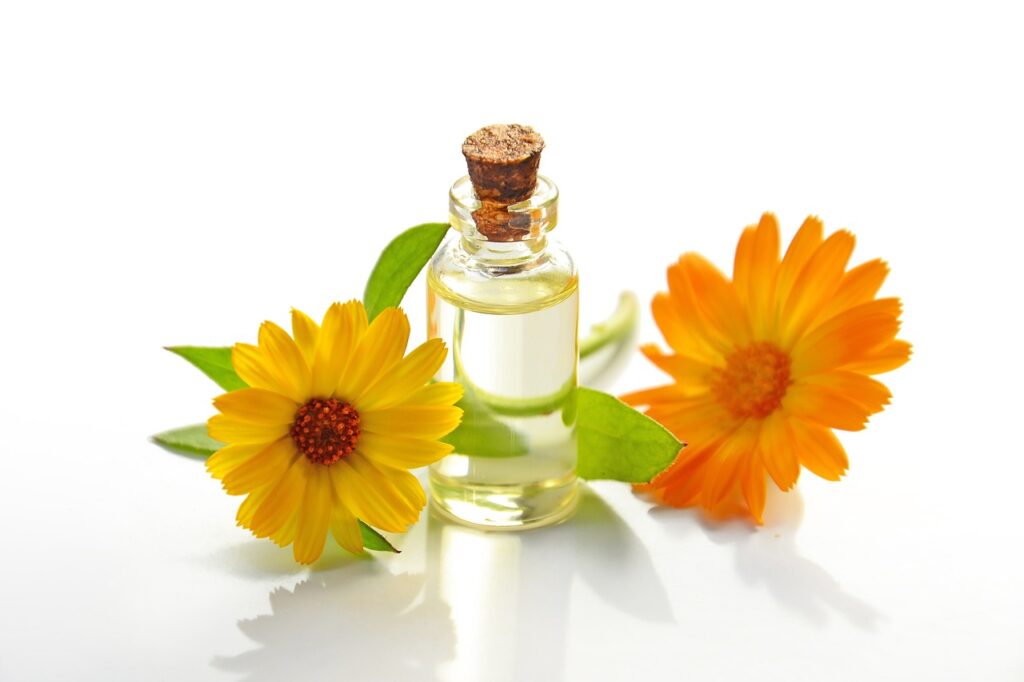
What’s the Function of Hair Serum?
Depending on how they are made, hair serums are styling products that address various hair problems. Numerous hair problems can be resolved with the use of hair serums, which are styling treatments. There is probably a serum designed to address your particular hair issue, whether it is frizz, dull hair, or heat damage. Selecting the appropriate serum for your hair type is crucial because different brands and types of these serums include different active components. You can simply control your hair issues and have smooth, shiny locks with the correct serum. They Can Prevent Heat Damage, Reduce Frizz, and Give Dull Hair Shine Hair serums are the ideal remedy if your hair seems lifeless and lacks Lustre.
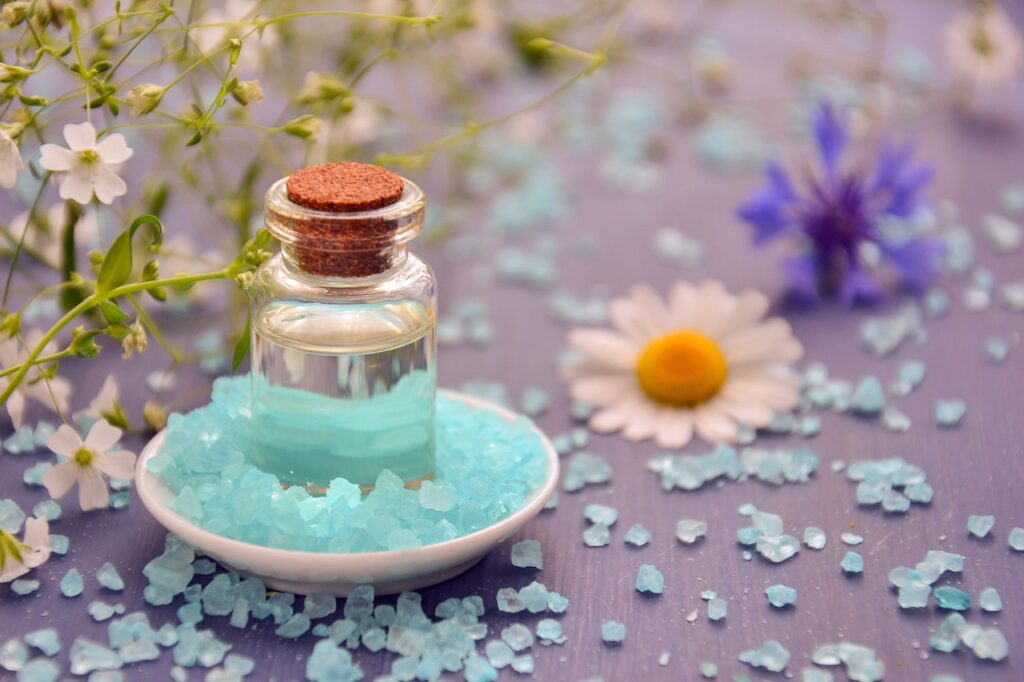
What is a hair serum?
Hair serum is a type of styling product used to apply a layer to the hair’s surface to improve its manageability and look. All hair types, whether you have fine or coarse hair, can benefit from it. Silicone is frequently one of the many active chemicals in the serum that help to feed the hair and give it the moisture and protection it requires. When used properly, hair serum adds Lustre, reduces frizz, and even shields hair from harm.
These Consist of:
Sunflower, jojoba, and argan oils are a few of the most often used active components in hair serums.
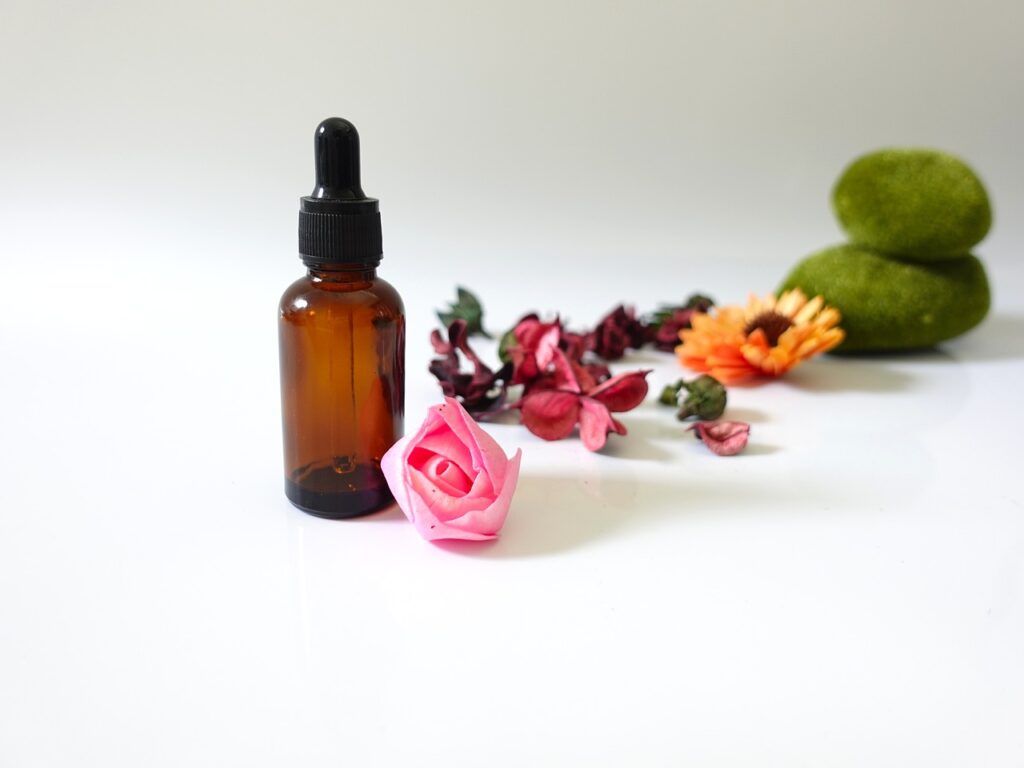
Benefits of Hair Serum
Hair serums are excellent for addressing dryness, reducing frizz, and even mending damaged hair. They aid to control those unkempt hair strands, especially those that are brittle, frizzy, or flyaway. Serums can also give your hair a polished finish, smoothing out the appearance of split ends and other problems. Silicone is one of the main components of most serums because it creates a protective layer over the hair cuticle, preventing damage and enhancing hydration. Many serums include hydrolyses keratin proteins for further protection, which help to keep hair hydrated and stop it from breaking, ultimately healing damaged hair.
uses
Additionally, these proteins protect your hair’s tensile strength by neutralizing the negative static charge that can lead to friction. If you’re styling, combing, or detangling, Serums also act as a barrier against damaging contaminants, heat damage, and photodamage. The serum helps shield your hair from the harm that heated styling appliances like curling irons, straightening irons, and hair dryers can do without damaging it. Moreover, it protects your hair against mechanical harm from regular treatments and exposure to the elements, as well as the long-term consequences of chemical processing like color, bleach, or perm.
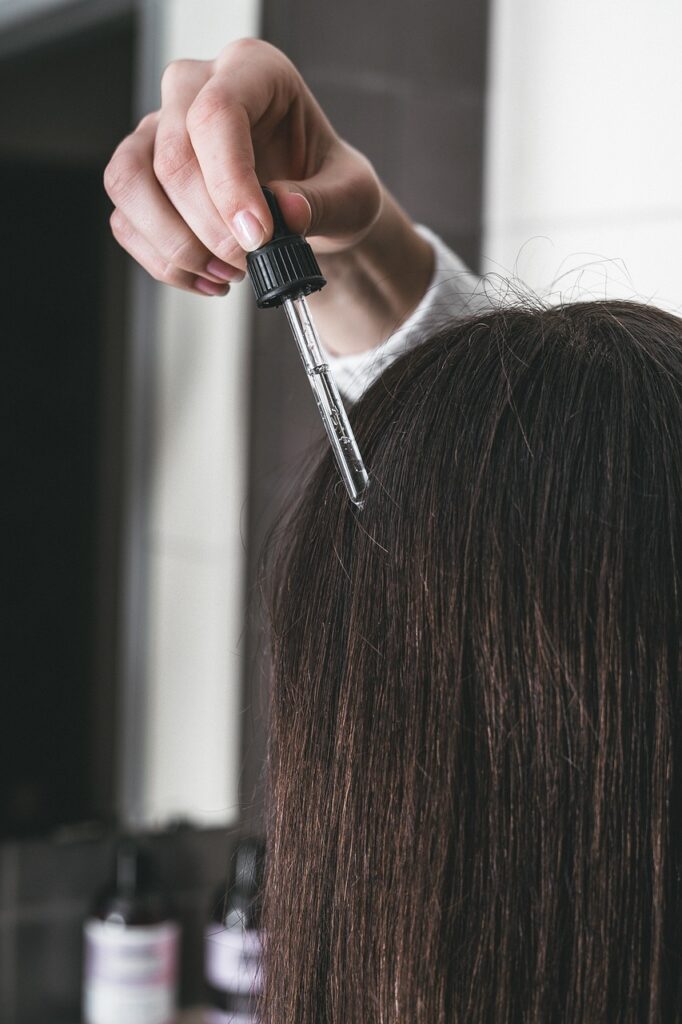
Using hair serums properly is crucial to fully reap their benefits. If applied the right way, hair serums can transform dry, dull-looking hair into silkier, glossier, and more moisturized hair, all while controlling frizz and providing a polished finish. However, knowing how to use them is essential to avoid making your hair feel greasy or weighed down. Here are some important recommendations on how to use your serum for the best results.
How to apply
When using hair serums, it’s important to apply them on damp, not wet hair.Apply your serum focus to these areas because serums minimize frizz while protecting your hair against new damage. Be sure to comb your hair gently after applying, as the serum helps with detangling and provides extra hydration to prevent split ends.
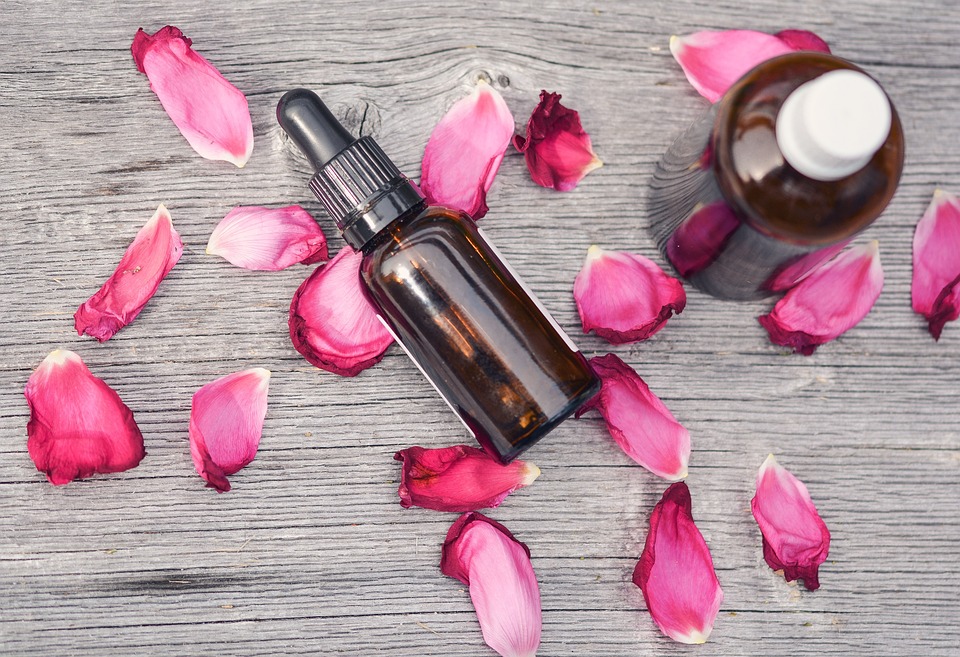
While hair serums are great for many hair types, it’s important not to overuse them. Avoid applying the serum directly to the roots, as this can weigh your hair down and make it look flat. Additionally, don’t apply serum to dry hair unless you’re using it for touch-ups. Keeping entices 4 product application avoids clumping because isolated areas will produce unbalanced outcomes.
Do: Wash Hair Before Application
When it comes to using hair serum, it’s important to wash your hair before application. Applying serum to freshly shampooed hair helps lock in moisture and protect your strands from pollutants and other environmental factors. Unwashed hair can be covered in oils and dirt, which can interfere with the serum’s effectiveness. If you apply the serum to unwashed hair, it could defeat the purpose, leaving your hair looking oily . Always towel dry your hair after washing to remove excess water and apply the serum evenly for that glossy.
Many people prefer applying hair serum in the morning after a shower. It’s also great to use it as a leave-in product at night. Especially if you want to wake up to smoother, healthier-looking hair. If you need a touch up during the day, a little serum can help refresh your hair. It give it a nice shine without making it feel greasy.
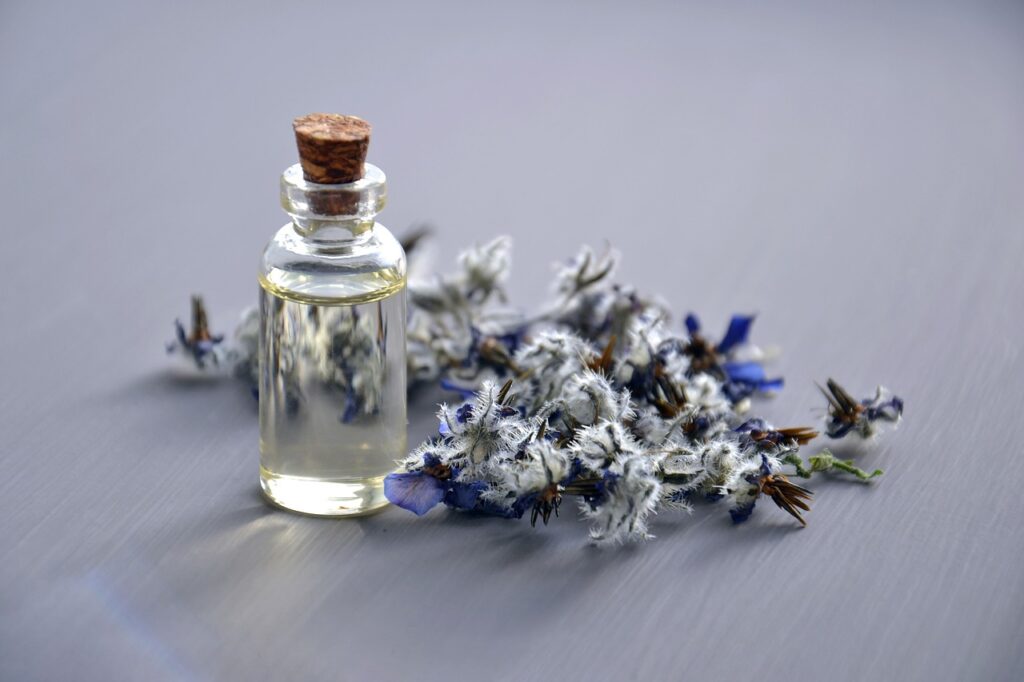
Don’t: Overapply Serum
While hair serums are effective, over-applying them can cause more harm than good. Using too much serum can leave your hair looking flat and greasy. It defeats the purpose of having glossy, well-maintained hair. Instead of pouring out a large amount, start with a small amount and gradually add more if needed. Large quantities of hair product produce excessive weight but using the proper amount prevents this heaviness. Applying just enough serum ensures your hair remains soft, moisturized, and shiny without feeling weighed down.
It’s best to apply serum sparingly, particularly on the ends and mid-lengths of your hair. These areas tend to be more prone to frizz and damage, making them the best places to focus on.
Do: Warm It Up Before Applying to the Hair
One useful tip for getting the best results from your hair serums is to warm it up . Some serums have a thick consistency that can make them difficult to apply evenly. By rubbing the product between your palms, you warm it up. It is making it smoother and easier to spread throughout your hair. This preparation step creates uniform distribution which allows your hair to receive an even coat of serum . Warming up the serum also helps it to absorb into your hair more quickly, giving you that glossy, healthy-looking finish.
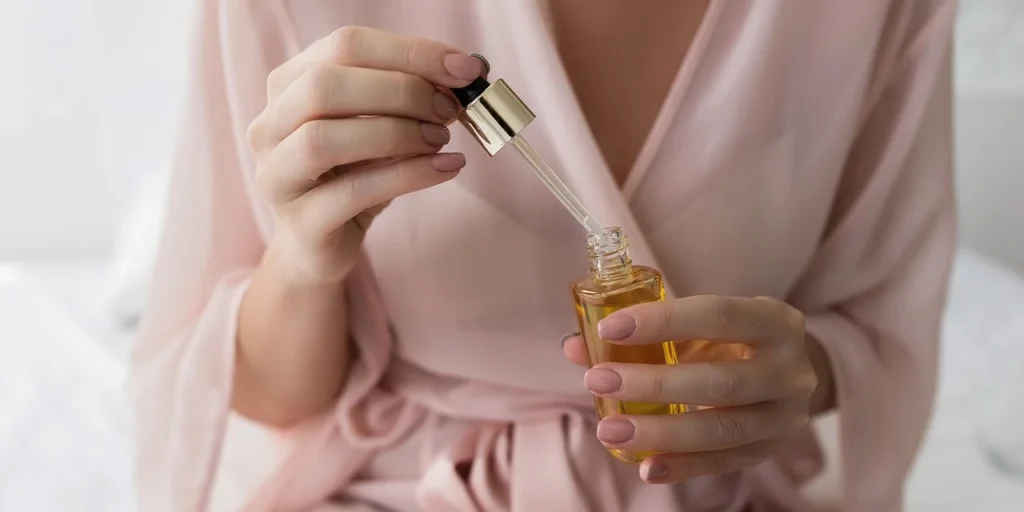
Don’t: Apply on Roots
It’s important to avoid applying hair serum directly to the roots. Applying serum to your roots can make your hair look weighed down and greasy. Instead, focus on the hair tips and midshafts, as these areas are typically naturally drier and can benefit the most from added moisture. Your roots don’t need the extra serum, and applying it there can lead to product buildup, which can make your hair look limp and lifeless. Keeping the serum focused on the ends ensures that your hair stays soft and shiny without looking heavy or oily.
Do: Consider a Person’s Hair Type and Hair Goals
When choosing a hair serum, it’s important to consider a person’s hair type and hair goals. Not all hair serums are created equal—there are different formulations for various hair types, so finding the right serum type is vital. People with fine hair should choose light weight serums which avoid weighing down their tresses. On the other hand, if you have dry or damaged hair, a richer serum with added moisturizing ingredients can provide the nourishment your hair needs. Understanding how a serum works with your specific hair type ensures you can select the best ingredients to meet your desired hair goals, whether that’s more shine, moisture, or smoothness.
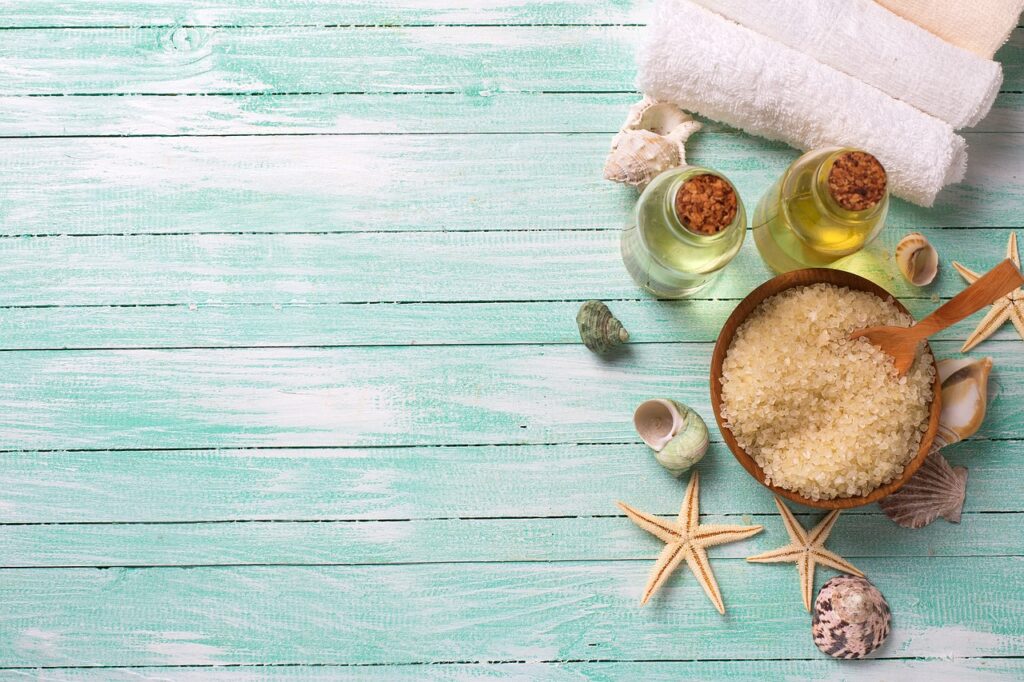
Don’t: Rinse the Serum After Application
After applying hair serums, it’s important not to rinse the serum out. Hair serums are designed to be leave-in products that stay on the hair’s surface to moisturize, smoothen, and protect the hair throughout the day. Washing off the serum would defeat its purpose, as you would lose the benefits of the coating it provides to help lock in moisture and shine. By keeping the serum on your hair, it can provide constant nourishment that maintains both healthy appearance and shine without requiring extra hair products.
Which Hair Serum Works Best for Each Hair Type?
The correct hair serum can make all the difference, but in order to get the full benefits, it’s crucial to select one based on your hair type. To meet particular needs, different formulations are needed for different varieties of hair. Serums with strong moisturizing qualities, for instance, will assist seal hydration and protect against humidity if you have coarse hair. With components like castor, marula, and rosewood oils offering nourishment and smoothness, these serums can help lessen dryness and fizziness.
Serums for curly hair should be more moisturizing and provide definition and bounce without making your curls feel heavy. Conversely, if you have fine hair, choose for lighter solutions that will still hydrate your hair without making it appear lifeless. These serums help keep your hair’s bounce and definition while giving it a healthy sheen. You might like a straightening and straightening serum that gives your hair a glossy look if you have straight hair. A serum containing protein or keratin will aid in strengthening and restoring damaged hair, particularly split ends. A heat-protecting serum is also necessary if you often use hair dryers or straightening irons to protect your hair from possible heat-related damage.
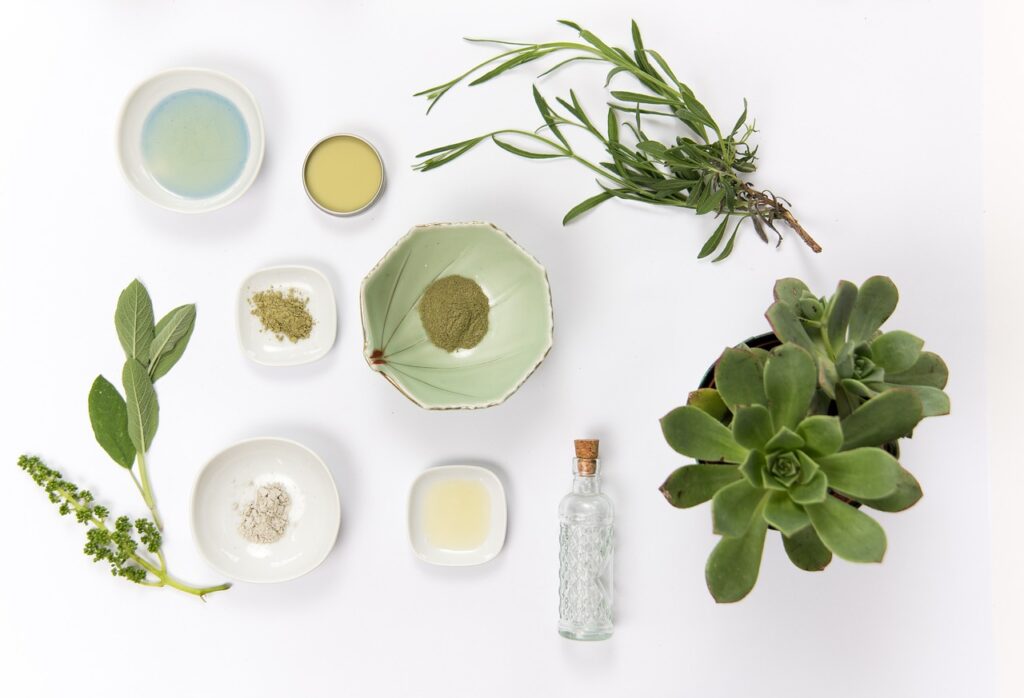
Key Ingredients to Look for When Choosing a Hair Serum
Choosing an effective hair serum that contains a wealth of carefully chosen chemicals that can actually help your hair is crucial. For example, the bee garden’s unique product, Mirsa Lehi Honey, is a great ingredient that transforms your hair. It helps hydrate and seal in moisture, leaving your hair feeling supple and healthy. It is well-known for its inherent humectant qualities. Plant-based keratin is another essential component that helps rebuild the structure and resilience of your hair, particularly after heat styling or chemical treatments. For people who suffer from brittleness and breakage, this keratin-infused product may be a game-changer.
https://strandzy.shop/a-day-away-hair-salon-spa/Botanical oils that are high in nutrients, like the Bee Garden Oil Blend, are also crucial for giving your hair the vitamins, antioxidants, and fatty acids it needs to be nourished, moisturized, and shielded from environmental stressors. These oils can protect your hair from the weather while maintaining its softness and shine.
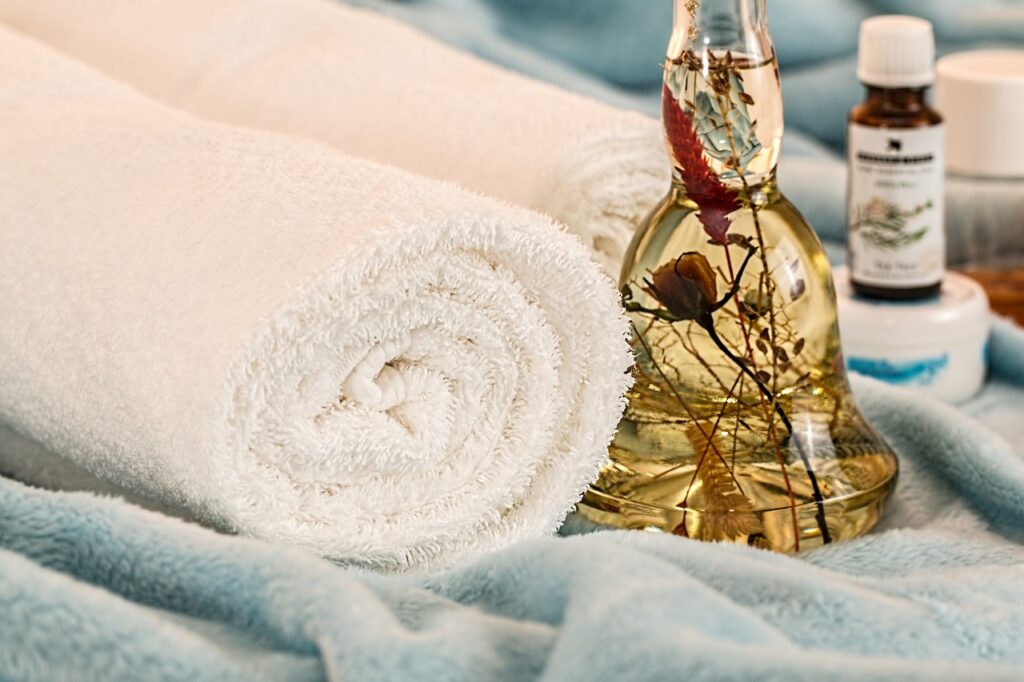
Wrapping Up
Hair serums provide the much-needed hydration your hair may be aching for, making them an excellent choice for anyone trying to treat dry, dehydrated hair. Envy-inspiring curls or velvety smooth locks can be yours again with the help of an excellent hair serum, regardless of whether you’re battling with damage, brittleness, or a lack of strength. Your secret weapon for getting beautiful hair can be a treatment like Honey Infused Hair Repair treatment.
In order to provide your hair, the best treatment possible, Mirsa Lehi Honey, which is well-known for its inherent humectant and antioxidant qualities, combines perfectly with nourishing proteins and fortifying keratin. This serum, when combined with botanical oils, serves as a one-stop shop for hair that is healthy, lustrous, and incredibly soft.
What is Hair Serum Used For?
By covering the hair fiber with a protective layer, a hair serum, a liquid-based treatment, does wonders for your hair. In order to give your hair a gorgeous, glossy finish, it contains silicones that help smooth frizz, minimize flyways, and provide a smooth layer that reflects light. In addition to adding shine, it shields hair from pollutants and other environmental harm and can even help control frizz in humid climates. A serum is a crucial component of any haircare regimen, regardless of whether you’re struggling with damaged hair, need to conceal split ends, or simply want a smoother texture.
What’s the Best Hair Serum?
Your hair type and any particular issues you may be having should be taken into account when searching for the best hair serum. For instance, selecting a serum from reputable companies might be a wonderful choice if you have frizzy hair or wish to shield your hair from heat damage. Additionally, a hairdresser may assist in determining your hair’s requirements and suggest the best serum for your particular hair care objectives.
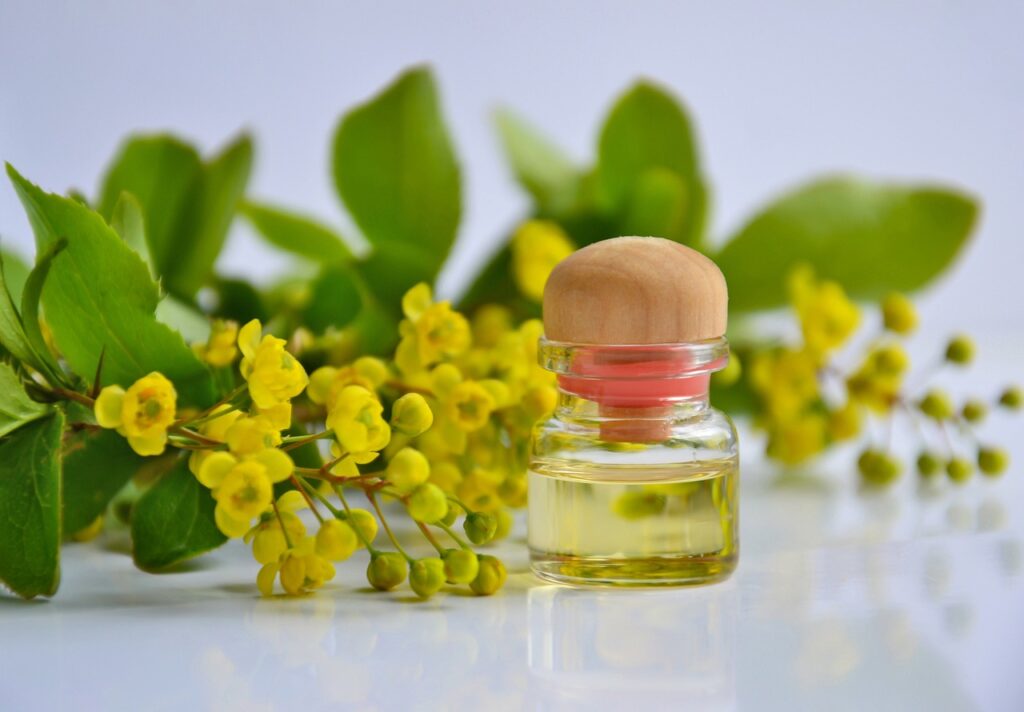
When Should I Start Using Hair Serum?
It could be time to incorporate a hair serum into your routine if your hair is lifeless, brittle, or dull. When it comes to frizz, flyaway, and tangles, serums are particularly helpful if you frequently straighten or curl your hair using heated products. A serum might be the ideal haircare option to ensure that your hair looks manageable, silky, and fresh whether you’re ready for a trip or coping with humid conditions.
What’s the Difference Between a Hair Oil and Hair Serum?
Although they both feed and preserve your hair, hair oil and hair serum function somewhat differently. Usually thicker, hair oils help to hydrate and shield your hair from harm, especially after coloring or excessive styling. In contrast, hair serums are lighter and concentrate more on smoothing the fiber and cuticles of your hair, making it appear bright and lustrous. In addition to reducing frizz, serums can offer a barrier against environmental stressors and styling tools.
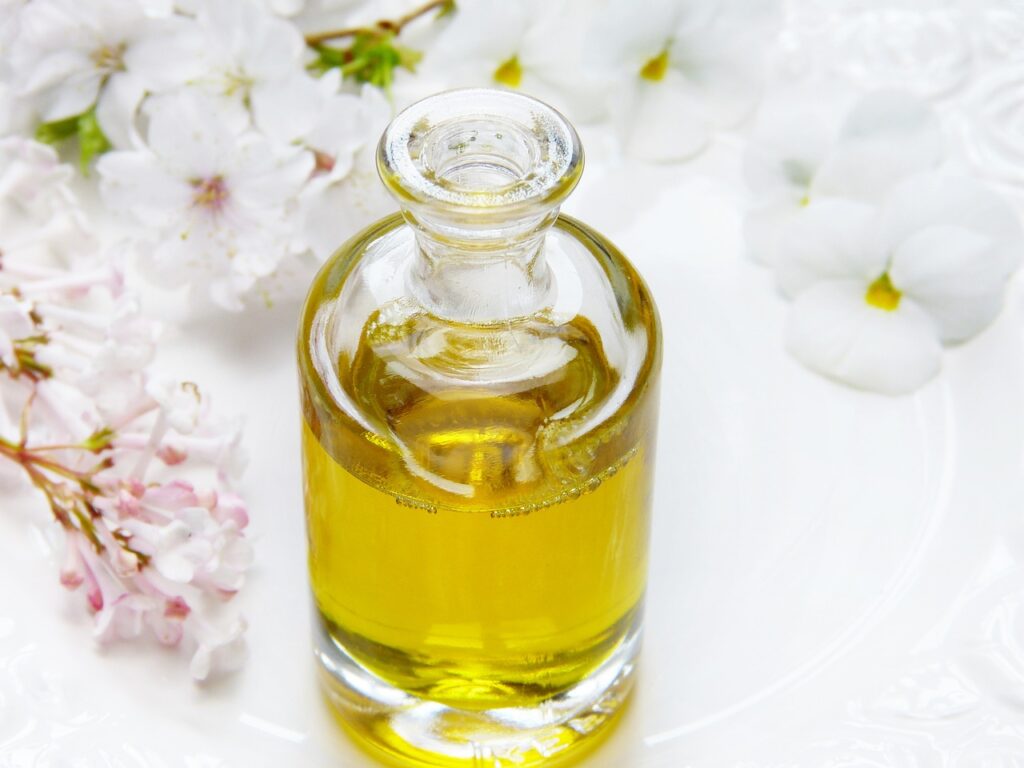
What Types of Hair Are There?
When it comes to categorizing hair types, they are typically classified by their shape and curliness. The most common categories are straight, wavy, and curly hair, which can be further divided into big curls and small curls. This system of classification, commonly used by hairstylists, is also backed by scientists and medical research. Understanding your hair type remains essential because it allows you to pick treatments that work specifically for your hair needs.
Density
Hair density refers to the number of hairs on your scalp. People with higher density hair have more hair strands per square inch, making their hair appear fuller and thicker. The density of hair strands determines how well different hair products and styling methods work on your hair. Your hair density information enables you to make smart choices about volume-enhancing or thinning products.
Hair Structure
The structure of your hair refers to its thickness, which can range from fine to medium to coarse. As per the World Trichology Society (WTS), fine hair has thinner hair fibers and is more prone to damage. In contrast, coarse hair is stronger but may feel rougher. Over time, aging can also affect the thickness of hair fibers, making them shorter and finer.
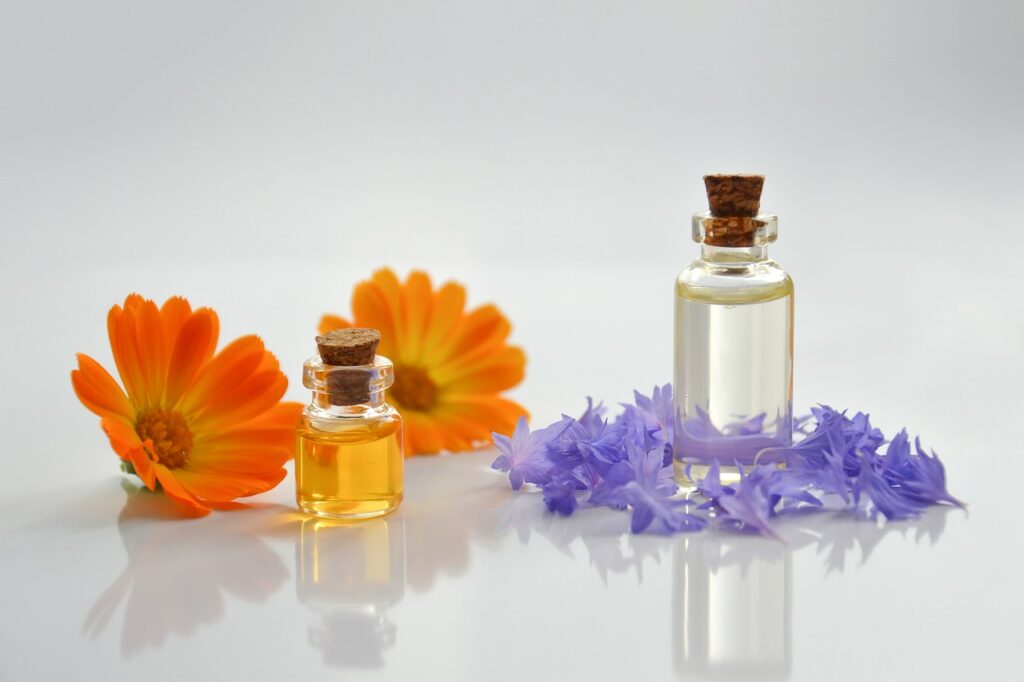
Porosity
How well your hair soaks up and maintains moisture defines its porosity level. Gaps or tears in the cuticle layer, which is the outer layer of the hair, can cause high porosity. This means your hair is more susceptible to damage from bleaching, chemical treatments, and high heat styling. Untreated hair or hair exposed to these elements might become naturally porous. Low porosity hair, on the other hand, resists moisture absorption and may require special care to recover its moisture.
General Hair Care Tips
A proper haircare routine remains crucial for maintaining healthy hair. According to the American Academy of Dermatology, avoid washing your hair too often, especially if you have oily hair. Shampooing should be balanced, and a good conditioner is essential for the tips of your hair. If you have curly or textured hair, use a wide-toothed comb to gently detangle. Avoid blow-drying too close to your hair to minimize damage and breakage.
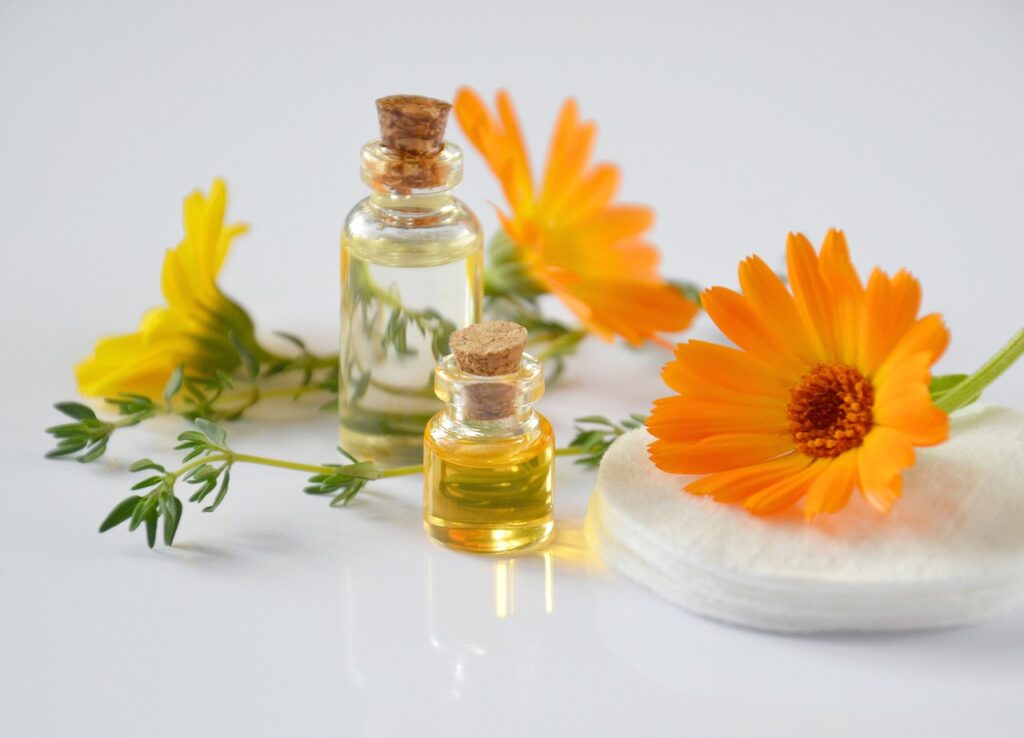
Hair Loss
Hair loss can be a natural part of life, with WTS (World Trichology Society) stating that shedding 50-150 hairs a day is normal. Especially when washing, brushing, or combing your hair. However, androgenetic alopecia, which is often genetically predetermined, affects around 50% of people. For men, hair loss usually occurs around the temples and the top of the head. While in women often experience it at the crown. Conditions like polycystic ovary syndrome, thyroid problems. The side effects from medications such as birth control can also contribute to sudden hair loss. If you notice bald patches, clumps of hair falling out, or itching and burning sensations on the scalp. It’s advisable to consult a doctor for guidance and diagnosis.
Is It Preventable?
While there’s plenty of anecdotal evidence about using shampoos, essential oils. The dietary supplements to help thicken hair. There’s limited scientific evidence proving their ability to completely prevent hair loss. The use of proper hair care techniques combined with proactive steps minimizes your chance of reducing your hair density. For example, avoiding traction alopecia by not pulling your hair too tightly . It’s essential to be aware of the causes of hair loss and to take steps to address them early.
